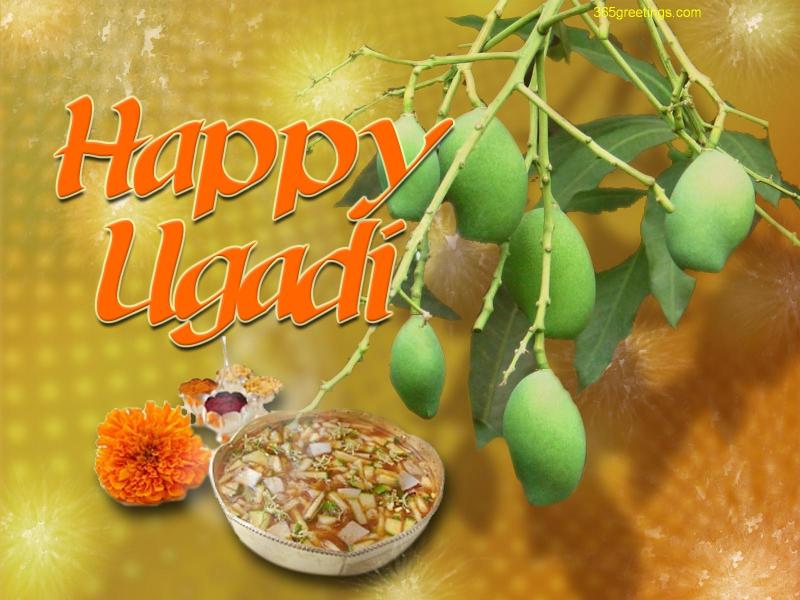|
Yugadi, Ugadi, or Samvatsaradi is the New Seasons Day for the people of the Deccan
area of india. The name Yugadi or Ugadi is resulting from the Sanskrit terms yuga
(age) and adi (beginning): "the starting of a new age". It drops on the different
day every season because the Hindu schedule is a lunisolar schedule. The Saka schedule
starts with the month days of Chaitra (March–April) and Ugadi represents the first
day of the new year. Chaitra is the first month in Panchanga which is the Native
indian calendar.

While the people of Andhra Pradesh and Karnataka use the phrase Ugadi/Yugadi for
this event, the people of Maharashtra phrase the same festival, noticed on the same
day, Gudi Padwa. Marwari, people of Rajasthan enjoy the same day as their new season
day Thapna. Sindhis, people from Sindh, enjoy the same day as their New Year day
Cheti Chand. Manipuris also enjoy their New Year (Sajibu nongma panba) on the same
day. It is noticed as Baisakhi in Punjab and Puthandu in Tamil Nadu. However, it
is not famous on the same day as Yugadi in Tamil Nadu.
Symbolic eating of a dish with six tastes:
The eating of a particular combination of six tastes , known as Ugadi Pachhadi in
Telugu , represents the point that life is an mixture of different experiences(sadness,
happiness, anger, fear, disgust, surprise), which should be accepted together and
with equanimity through the New Year.
The unique combination consists of:
• Natures neem Buds/Flowers for its bitterness, indicating Sadness
• Jaggery and ripe bananas pieces for sweet flavor, indicating Happiness
• Natural Chilli/Pepper for its hot flavor, indicating Anger
• Salt for saltiness, indicating Fear
• Tamarind Juice for its sourness, indicating Disgust
• Unripened Mango for its tang, indicating Surprise
|